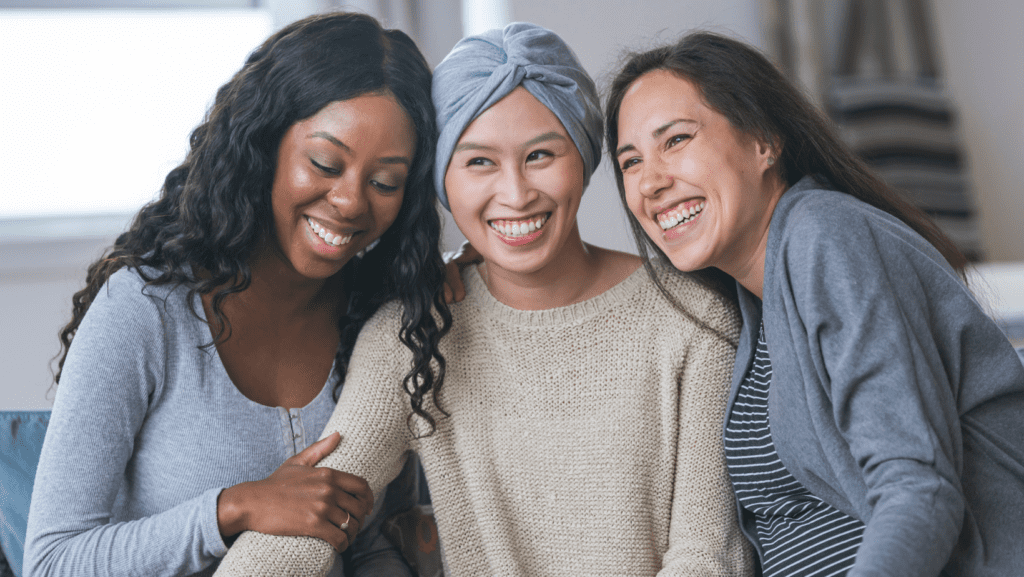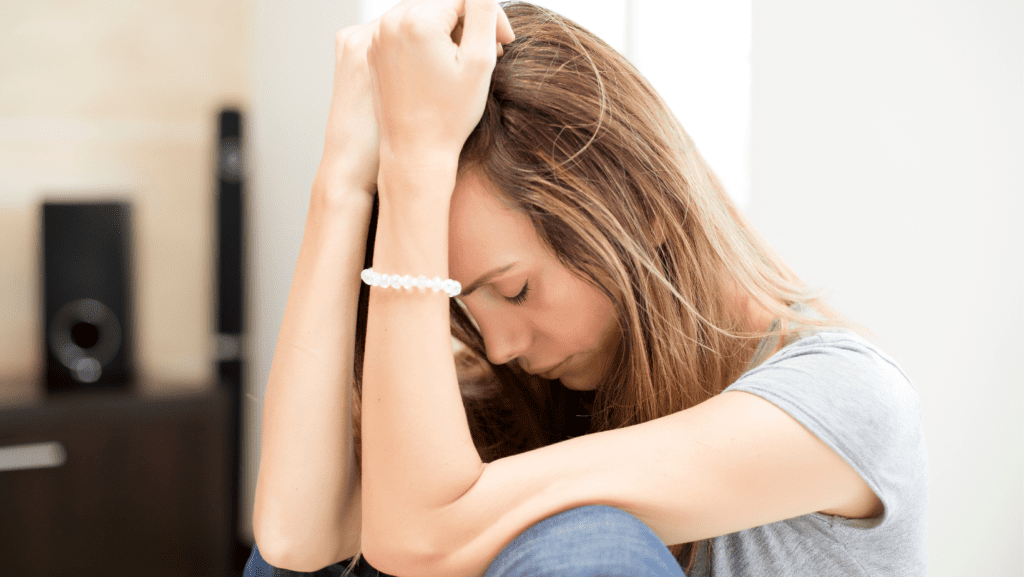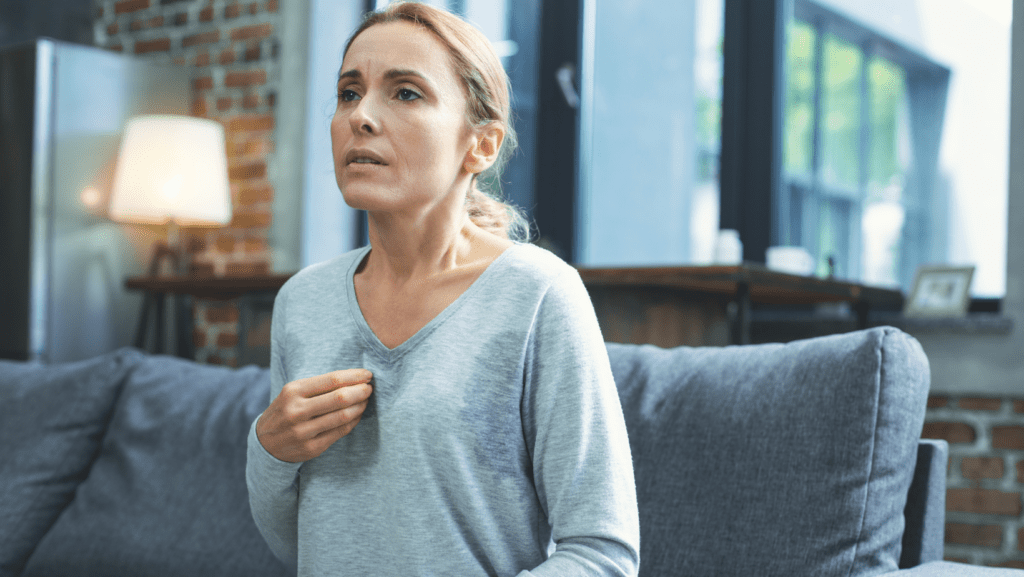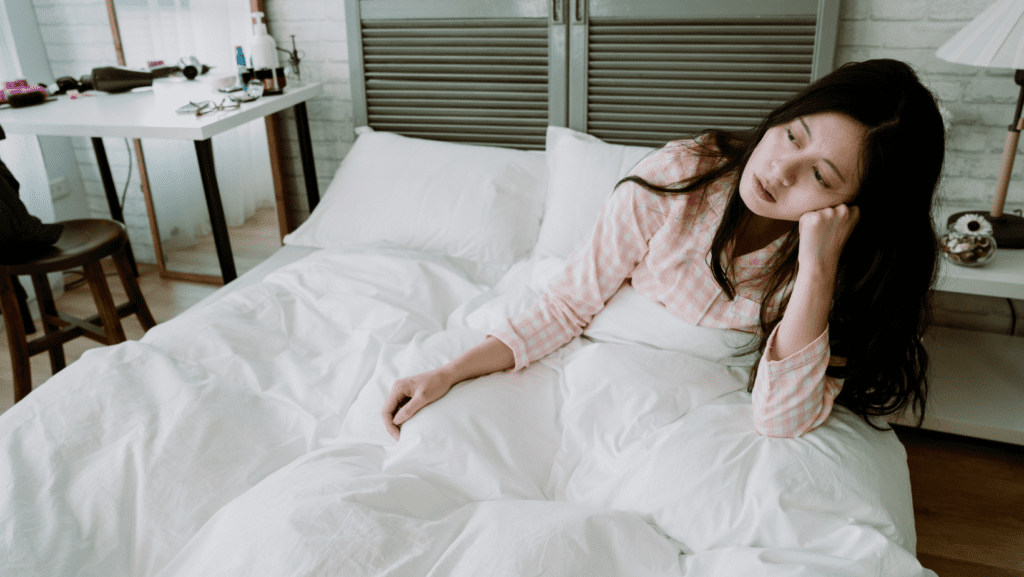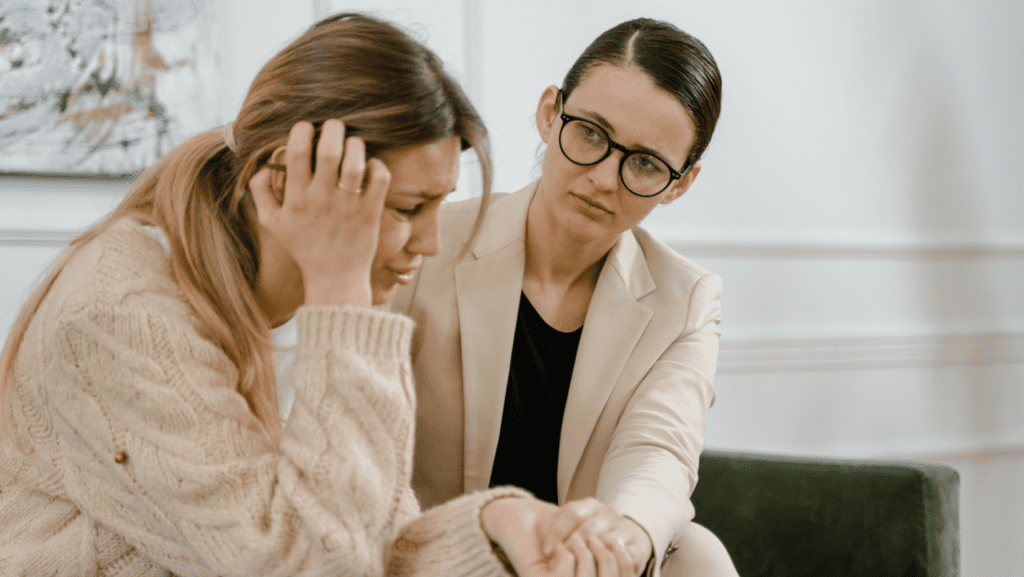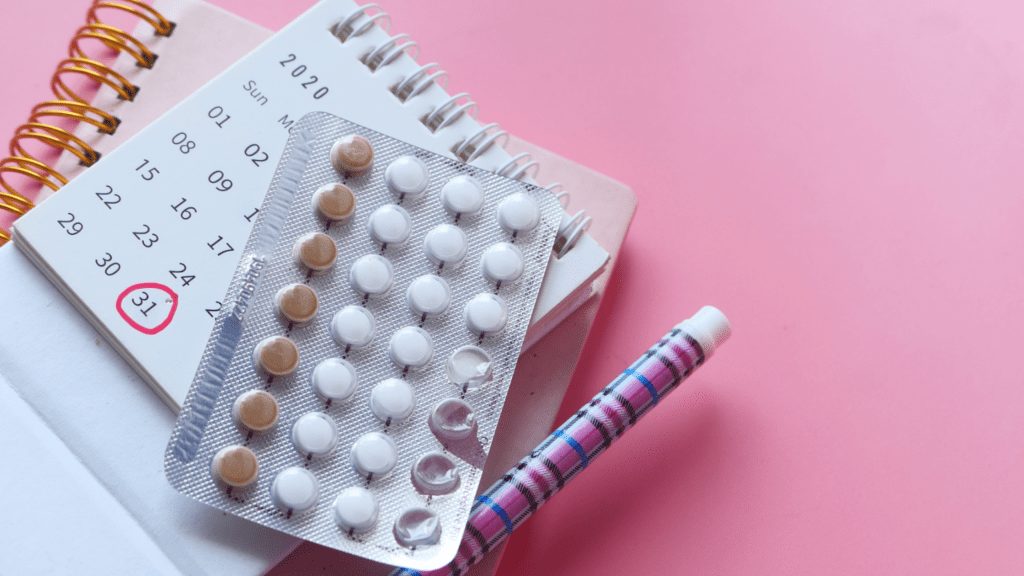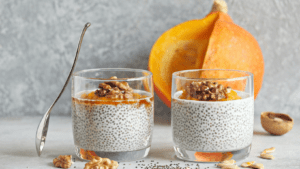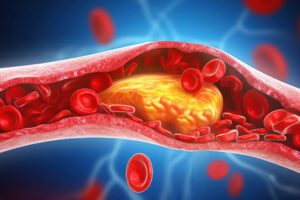Recovery After Hormonal Cancer – What every woman needs to know, but isn’t told!
Cancer is so prevalent in our society and the chances are high you know someone personally – or maybe you are that someone who has had a cancer diagnosis.
It is simply devastating to think about, and it’s more concerning to note that 40% of all new cancer diagnoses in North America are hormonally related.
This includes breast, ovarian, uterine, and prostate cancers. Thankfully, the five-year survival rates of these cases are often optimistic and vary in range from 75-90 percent.
From diagnosis to treatment completion (any combination of surgery, radiation and chemotherapy) you may not be adequately prepared for the recovery ahead. More than 75% of cancer survivors suffer from long-term side effects even after treatment and into remission.
These side effects can be delayed for 6, 12 and even 18 months after everything has been said and done. One of my colleagues recently described her experience as follows:
“The end of treatment can be confusing and lonely as a person starts their recovery. As a breast cancer survivor, I know the feeling of riding on the ‘cancer bus’ for months and months, only to be dropped off on the curb in what seemed to be a foreign land, and left to fend for myself.”
The truth is, after cancer treatment, life is not the same. Your mind, your soul and certainly, your body, are no longer the same. While many people are told to resume their lives as usual, it’s not that simple, and there is no one-size-fits-all method of recovery.
The Road to Recovery
Post treatment, your body and mind can feel completely foreign to you. You have changed in the physical sense, you may be missing body parts, or have scarring that feels unfamiliar.
Likewise, often you have undergone therapy that is toxic to the heart, lungs, kidney and liver and your energy and cognitive function are at their lowest point. Indeed, cancer treatment, especially aggressive chemotherapy often does much harm to the healthy cells in your body, in order to kill off what is cancerous. This can make the path to recovery feel almost impossible, as you’re left so far off from the body and mind you used to know.
Despite how terrible this all may sound, there are still some positives. You are not alone in your experience and in your recovery process. There are many naturopathic routes you can take with support from our team every step of the way. With the right guidance and care, we can help you get back on track and reclaim a new life, with the right nutrients, a healthy diet, lifestyle changes and good follow up care.
When we break down the long-term side effects post hormonal cancer, they look like this:
Hot Flashes & Night Sweats
After hormonal cancer, 89% of women suffer with repeated hot flashes, and night sweats after breast cancer. This can result in sleep disturbances, self consciousness and discomfort while they are post recovery or in remission.
Vaginal Dryness & Loss of Sex Life
75% of women suffer from vaginal dryness, thus impacting overall libido and sex life post-treatment. An additional 60% of women report sexual problems of vaginal dryness as being mild in 20-30 % of cases, as being moderate in up to 38% of cases and another 25% rated their symptoms as severe. This can have profound effects on a patient’s self esteem, relationship dynamics and personal enjoyment.
Anxiety & Depression
62% of patients who are in recovery for various types of hormonal cancer also suffer from mood swings. This can make day-to-day life more stressful than usual and the resulting anxiety can affect all aspects of life from one’s career, personal life and their friendships. Cancer patients in remission can also often experience various types of PTSD from what has happened to them.
Brain Fog and Cognitive Impairments
Overall, 40% of patients were mildly affected by their ability to “get on” with life. But 25% of them were severely affected by their ability to “get on” with life. Brain fog or ‘chemo brain’ describes a common post-treatment side effect characterized by memory loss, loss of cognitive function and mood changes.
Limited Support for Post-Cancer Care
There are understandably many limitations to what a patient is and isn’t allowed to do during cancer treatment. Unfortunately, doctors may continue to extend these limitations to after therapy, prolonging recovery and delaying a return to normal life. In truth, only 32 % of patients suffering with symptoms were offered any form of support by their family doctors or oncologists (Oncology reporting even lower after care support at 26%).
Despite many of the above commonly reported post-treatment symptoms, cancer patients are often discharged and left confused, disoriented and forced to process what has happened alone.
Naturopathic Treatment Can Help You in Recovery
This is where Naturopathic Medicine comes in. First and foremost, we work to acknowledge the severe trauma you’ve been through as this is so important to consider. It is also important to remind yourself that living with the consequences of the above symptoms does NOT have to be your reality.
It is possible to work through what you have been through, despite the fact that it can be overwhelming, but naturopathic medicine is here to support anyone and everyone through this journey.
Organ recovery, basic nutrient level status, mitochondrial and cellular support, follow up testing, acupuncture, botanical herbs and IV nutrient therapy are just some of the many tools we use to aid in alleviating symptoms and helping women return to living a healthy and vibrant life.
Managing Hot Flashes – Is it Hot in Here?
Research in the area of managing hot flashes in female cancer survivors is relatively new and has really just started in the last 10 to 15 years.
On average, 40-60% of women who are taking hormone blocking therapy, are suffering from hot flashes.
It can feel like you are burning from the inside out, a new level of global warming within the human body, if you will.
In conventional medicine, basic recommendations include removal of triggers like caffeine and smoking.
However, from a naturopathic perspective, acupuncture has been one of the most effective therapies for reducing the severity and intensity of hot flashes . In 2019 – a meta analysis of 16 RTC’ of various sizes found acupuncture as the most impactful , non-hormonal treatment for breast cancer survivors with hot flashes.
Hot flashes are a result of hormone decline but also and even more critically is the “survival mode” and the cortisol stress response that has occurred as a result of the whole cancer journey. Acupuncture for 16 weeks weekly is suggested to see benefits from post cancer therapy for hot flashes.
Overall the more hours on the table, the better, as it calms the nervous system and helps to reduce anxiety.
Robbed of Energy & Adrenal Fatigue (My get up and go … got up & went!)
2 out of 4 patients suffer from lingering fatigue after-cancer treatment. Firstly, it’s important to note that sleep optimization is so important and GABA and Theanine are often prescribed for anxiety, as well as interrupted sleep issues.
Likewise, exercise is an important factor in regaining your energy. Often we encourage patients to get fresh air and go for a walk around the block just to get started.
We can help you identify what your body needs for cellular recovery and mitochondrial recovery to help clear chemicals, waste and oxidation that has occurred from cancer treatments. We offer basic labs to get your body ready to get back into physical movement.
Likewise, there are a variety of herbal supplements that can support your energy recovery. A study of Panex Ginseng in China was carried out over an 8-week trial, with over 500 women.
The patients took 2000mg daily to reduce post chemo fatigue and reported that their symptoms reduced massively by 50%. Additionally, supplements that have shown to improve fatigue include ashwagandha, skullcap (which has both anti-cancer as well as huge adrenal supports) and mistletoe extracts.
At our clinic, we consider how your fatigue relates in a holistic way to the rest of your body. By addressing your adrenal dysfunction, sleep levels, physical activity and more, you can work to overcome post-chemo fatigue.
Check Your Hydration Status!
This is critical for energy recovery. In our office, we always include a bio-impedance Analysis . It is not enough to just drink more water, this in itself can make you very fatigued. So consider adding electrolytes to your beverages. Your sodium and potassium levels will “look normal” as your kidneys do a great job of buffering this, so the electrolytes in water will do a better job in drawing in the electrolytes intracellular and thus improve the quality of the water without the need to increase your intake beyond 2 litres a day. That’s mitochondrial powder at work!
Foggy Brain – Clearing out the Cobwebs!
Chemo Brain is Chemotherapy-Induced Cognitive Impairment and it is something that can show up as late as 18 months post hormonal cancer therapy.
This is not common knowledge and the effects of chemo brain are still being studied. However, omega 3 fatty acids can have a big impact on recovery after cognitive decline.
Phosphatidylcholine is also used for brain function, this is less studied but we use it specifically for helping to reduce any residual elevated liver enzymes and helping with brain function to improve cognitive function.
Anxiety & Depression – The Constant Worrier
The battle with hormonal cancer and post-treatment recovery can come with high levels of anxiety and depression. This is a normal side effect to treatment and, if not addressed, it can severely affect a patients quality of life.
Vitamin B1 can help moderately to support anxiety and depression. Talk therapy and support groups are also an excellent way to process the trauma and move towards recovery. It’s important to be open about your fears and stay on top of your physical health by attending all follow-up appointments, eating healthily and exercising. Here are some additional tips for managing depression and anxiety post-treatment.
Likewise, citalopram and venlafaxine are the only SSRI’s approved for after hormonal cancer with estrogen receptor blocker medications to help with mood boosts.
St John’s wort is wonderful for mood support. This is controversial in our conventional medicine world and there is very little interaction with the standard medications of anastrozole, tamoxifen or other Ai’s. Again another study in 2019 out of Asia – showed no impact on liver function nor any interactions with Anastrozole or Letrizol at low doses, comparison trials with SSRi’s also showed equal benefit.
Rhodiola can help patients better tolerate their AI medications while assisting in adrenal maintenance and improving feelings of depression.
Lastly, a common natural mood support supplement, black cohosh, does NOT have any impact on circulating estrogen levels. In 2014, a study out of Taiwan showed no impact on circulating estrogen levels with AI’s and without AI’s at the 8-week mark. This is an important consideration for those patients who can not tolerate either AI’s or SSRI medications (nausea, headache, etc)
Low Libido and Reclaiming your Sex Life!
Unfortunately, 64% percent of women reported an absence of sexual desire after hormonal cancer treatment, 38% suffered from dyspareunia, and 42% experienced lubrication problems.
Sexual function can actually diminish throughout longer survival times, but less than 50% of those who suffer discuss their concerns. This can lead to a variety of interpersonal and psychological problems including partner abandonment, self image issues, and PTSD.
Likewise, some of the medications used in breast cancer treatment can have direct affects on libido. 35-40% of women on tamoxifen report sexual complaints, and over 50% report sexual complaints on AI’s.
We Can Help you Reclaim your Mojo
What happens to your sex life after hormonal cancer therapy is often not discussed.
Less than 50% of women who are suffer with sexual dysfunction actually discuss their concerns with their family doctor.
Worse, many family doctors are not able to provide any positive & effective treatments and referral to a pelvic floor physiotherapist is often delayed and can take several months to schedule.
At Our Clinic We Offer the Following Naturopathic Treatments for Low-Libido:
- Localized Treatments
- Vaginal Moisturizers
- Hyaluronic Acid
- Low dose Topical Vaginal Estriol E3
- Botanical Options – Saffron
Other clinical solutions for sexual health after hormonal cancer should include any of the following:
- Clinical Counselling or Psychotherapy with – CBT (Cognitive Behavioural Therapy)
- Pelvic Floor Physiotherapy
- Laser Therapy for a hormone free treatment for vaginal rejuvenation.
There was a sexual dysfunction study of a randomized control trial released in 2020, which showed that the smallest dose of Estriol topical cream 2X/weekly had reduced sexual pain and increased vaginal lubrication in 75% of women.
Additionally, 0.005mg topical vaginal E3 did not affect estrogen levels in the bloodstream. Admittedly, there was a slight and transient bump in levels at the 4-week mark and this dropped back down at the 8 weeks and 12 months later.
Embrace Healing and Recovery With Dr Emina
The road to recovery after hormonal cancer treatment can be long, with plenty of ups and downs. However, it is important to remember how far you have come.
Our team provides the support, testing and treatments to aid in your recovery. Re-learn how to love your body and your mind again. Our integrative cancer therapy, hormonal testing and one on one support means you have a whole team of professionals cheering you on.
Contact us to get started and discover a naturopathic road to recovery.
References:
- Amelioration of sexual adverse effects in the early breast cancer patient. 2010. doi:10.1007/s11764-010-0130-1 Breast cancer and sexual function.2015. doi:10.3978/j.issn.2223-4683.2014.12.04
- Effects of saffron (Crocus sativus) on sexual dysfunction among men and women: A systematic review and meta-analysis.2019. https://www.ncbi.nlm.nih.gov/pmc/articles/PMC6727438/ PMID: 31516855;
- Vaginal Estrogen Therapy for Patients with Breast Cancer. 2013. doi:10.1055/s-0033-1350876 PMC3862044/
- Efficacy and safety of ultra-low dose 0.005% estriol vaginal gel for the treatment of vulvovaginal atrophy in postmenopausal women with early breast cancer treated with nonsteroidal aromatase inhibitors: a phase II, randomized, double-blind, placebo-controlled trial. 2020 doi: 10.1097/GME.0000000000001497. PMID: 32049923
- References – Healthy Survivors Initiative and Accelerated Aging by the National Hormonal Cancer Institute Managing menopausal symptoms after cancer. 2019 doi: 10.1080/13697137.2019.1646718. PMID: 31433675.
- Post-Treatment Symptoms of Pain, Anxiety, Sleep Disturbance, and Fatigue in Breast Cancer Survivors. 2019 doi: 10.1016/j.pmn.2018.09.005. PMID: 30527856.
- Who is managing menopausal symptoms, sexual problems, mood and sleep disturbance after breast cancer and is it working? Findings from a large community-based survey of breast cancer survivors. 2021 doi: 10.1007/s10549-021-06117-7. PMID: 33575860.
- Strategies to Prevent or Remediate Cancer and Treatment-Related Aging. 2021 doi: 10.1093/jnci/djaa060. PMID: 32348501
- RE: Cardiovascular Disease in Breast Cancer Survivors: An Important Topic in Breast Cancer Survivorship. 2021. doi: 10.1093/jnci/djaa157. PMID: 33057719
